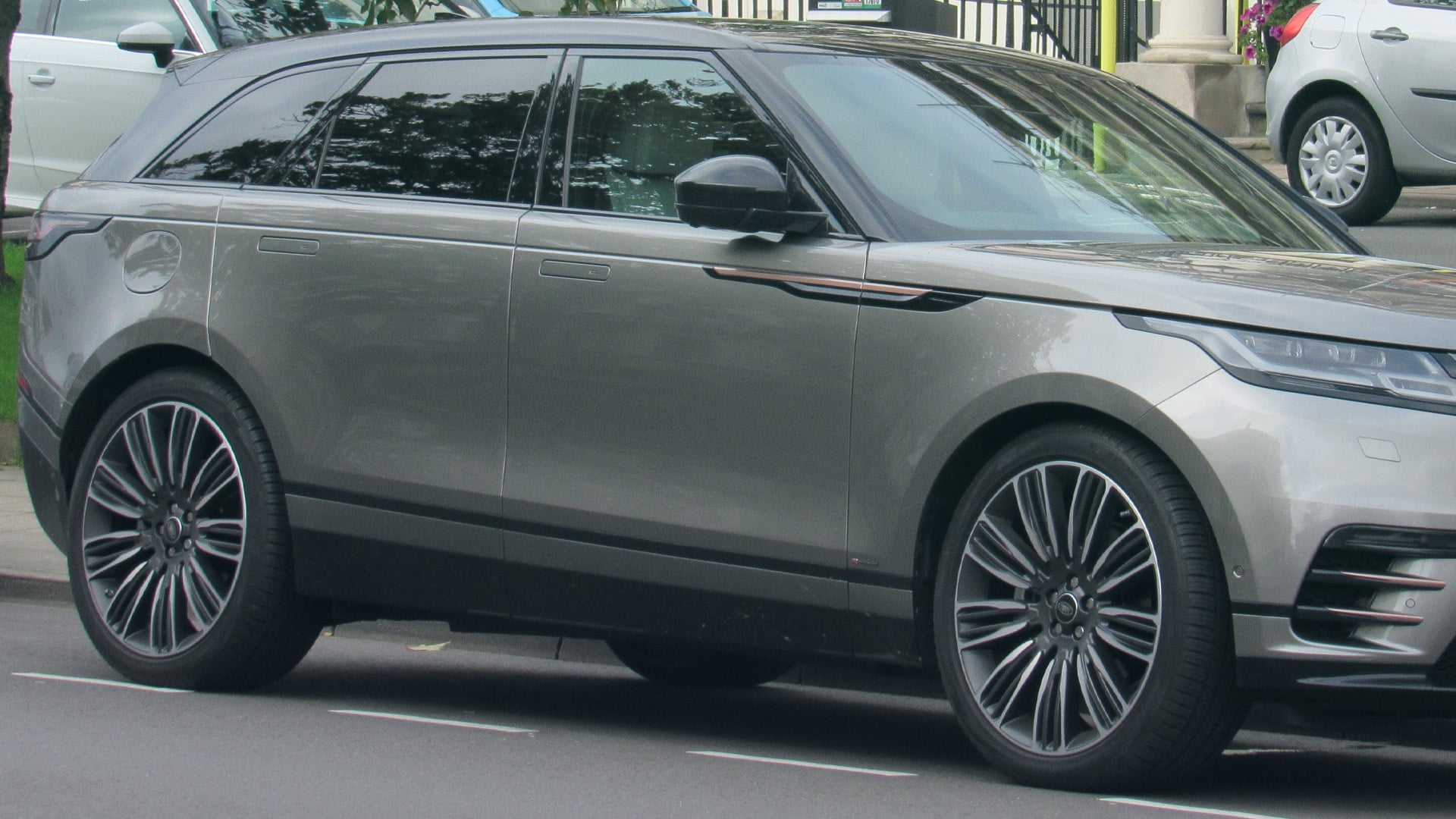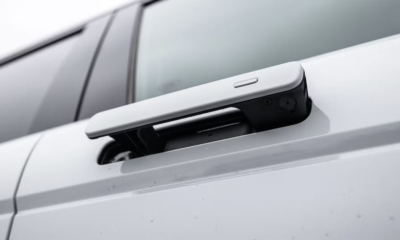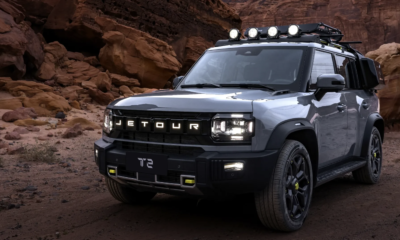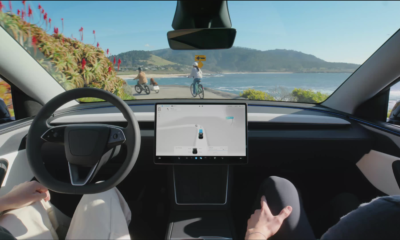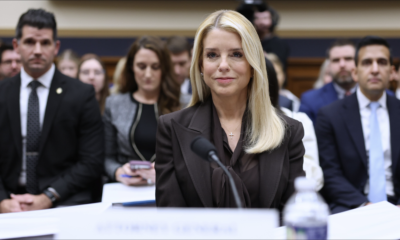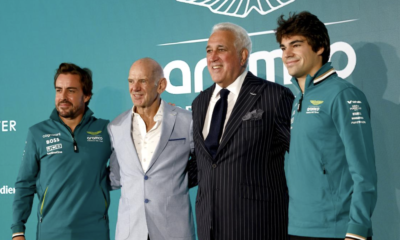Business
Pak imported USD 1.2 bn worth of cars in just six months despite economic crisis: report
Pakistan spent USD 1.2 billion (Rs 259 billion) on the import of transportation items, including luxury cars, high-end electric vehicles, and their parts, during the last six months amidst sinking reserves and fear of default, according to a media report.
The country is in the middle of a financial crunch with the foreign exchange reserves depleting to as low as USD 4 billion, forcing the central bank to slow down the import of even essential items. The News reported that despite the overall reduction in imports of transportation vehicles and other items compared with last year, the economy was still burdened with heavy outflows for buying expensive luxury vehicles and useless items.
Also read: Noida gets investment intents worth Rs 5.86 lakh cr ahead of investor summit
During these six months, the country imported completely built units (CBU), completely knocked down/semi knocked down (CKD/SKD) of USD 530.5 million equivalent to Rs 118.2 billion. Since CKD kits are not allowed to be imported, yet millions of dollars of these kits are being imported, harming the local industry and their production. The economy is suffering, but hefty spending on cars and other vehicle imports is raising a lot of questions about the government’s policy of halting imports related to the industrial and commercial sectors.
Under the completely built units (CBU) during July-Dec 2022-23 imports of buses, trucks and other heavy vehicles imports were USD 75 million (Rs16.6bn), motor cars with USD 32.6 million. Under the CKD/SKD, imports of buses, trucks, and other heavy vehicles imports were USD 722.5 million (Rs161 billion), while motor car imports were recorded at USD 498 million (Rs111 billion). Motorcycle imports also stood at USD 27.6 million. Besides, the parts and accessories imports stood at USD 188.6 million (Rs42 billion). Similarly, USD 47.7 million were spent on the import of aircraft, ships, and boats.
Only in December, the transport sector’s imports stood at USD 140.7 million (Rs31.6 billion). Of this, USD 47.5 million or 11.3 billion rupees were spent on the imports of cars, USD 27 million on parts and accessories, USD 3.6 million on motorcycles import, USD 25 million on buses, trucks, and heavy vehicles, and another USD 22.4 million on the import of aircraft, ships, and boats. Reportedly, despite economic crises, the incumbent government has lifted a ban on the import of luxury cars recently, which became one of the major sources of dollar outflow, according to the paper.


